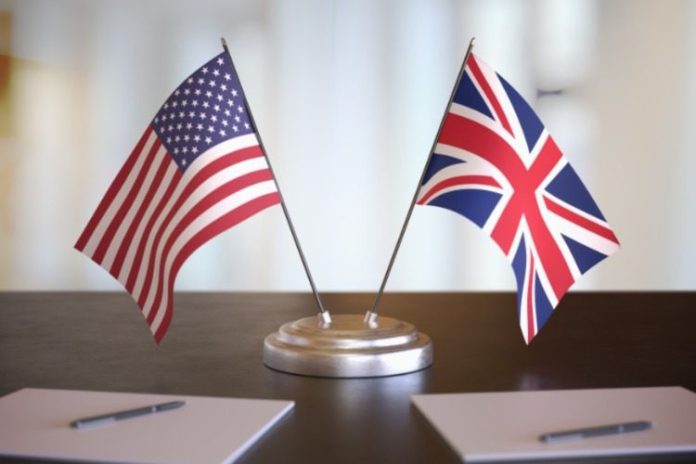Building on the unique economic and security partnership between the two nations, the US Department of State hosted a senior UK government delegation for the inaugural US-UK Strategic Sanctions Dialogue in Washington, D.C., early in the summer.
The dialogue, which flew under the radar of most correspondents, delivered on the 2023 Atlantic Declaration commitment to strengthen bilateral cooperation on sanctions strategy, design, targeting, implementation, mitigations, and enforcement, by bringing together departments and agencies from both countries to discuss priorities across geographic and thematic sanctions regimes.
Sanctions are a key foreign policy tool
The United States and the United Kingdom reaffirmed that sanctions are a key tool of foreign policy. The delegations discussed the use of targeted sanctions to deter and disrupt malign activity and to demonstrate readiness to take action to defend international norms.
Russia sanctions
In response to Russia’s increasingly brutal war against Ukraine, together with allies and partners, both countries have imposed unprecedented costs on the Russian Federation. Since the start of the war, both countries have designated over 2,500 individuals and entities, blocking billions of dollars in strategic assets linked to the Kremlin and its allies. Sanctions and export controls are starving Russia’s military of key components and technology and restricting Vladimir Putin’s ability to fight a 21st-century war.
Intensified bilateral coordination on UN, and other sanctions regimes
The US and the UK continue to intensify bilateral coordination on United Nations and autonomous sanctions regimes. This includes action to promote accountability for human rights violations and abuses, counter-terrorism, target cyber-criminal networks, and address concerning situations in countries such as Sudan, Burma, and Iran. The Washington talks also looked beyond bilateral coordination to broader efforts with partners to show collective leadership on the targeted, legitimate, and effective use of sanctions to tackle threats to international peace and security.
The delegations also focused on collaboration to protect humanitarian activity from potential unintended impacts of sanctions, building on significant cooperation on the landmark UN Security Council Resolution 2664 and on follow-up across autonomous sanctions regimes.
More sanctions hit Moscow
Just after the bilateral dialogue, the US Treasury Department’s Office of Foreign Assets Control announced a new series of Russia sanctions. The designations announced include measures to inhibit the Russian Federation’s access to products that support its military and war efforts, to reduce Russia’s revenue from the metals and mining sector, to undermine its future energy capabilities, to degrade Moscow’s access to the international financial system, and to starve Russia of G7-produced technology needed for its technology, aerospace, and defense sectors.
In addition, companies facilitating Russia’s sanctions evasion in Kyrgyzstan, the UAE, and Serbia were designated.








